Category: Learning
-

Everything About Fume Hood ‒ Definition, Working Principle, Types | Labkafe
In laboratories, scientists do a lot of experiments, and some of them can be dangerous. Poisonous gasses are always a problem in chemistry laboratories. This is where a fume hood (or a fume cabinet or fume cupboard) comes in handy. Today, we will discuss everything about fume hoods in detail. Definition of a Fume Hood…
-
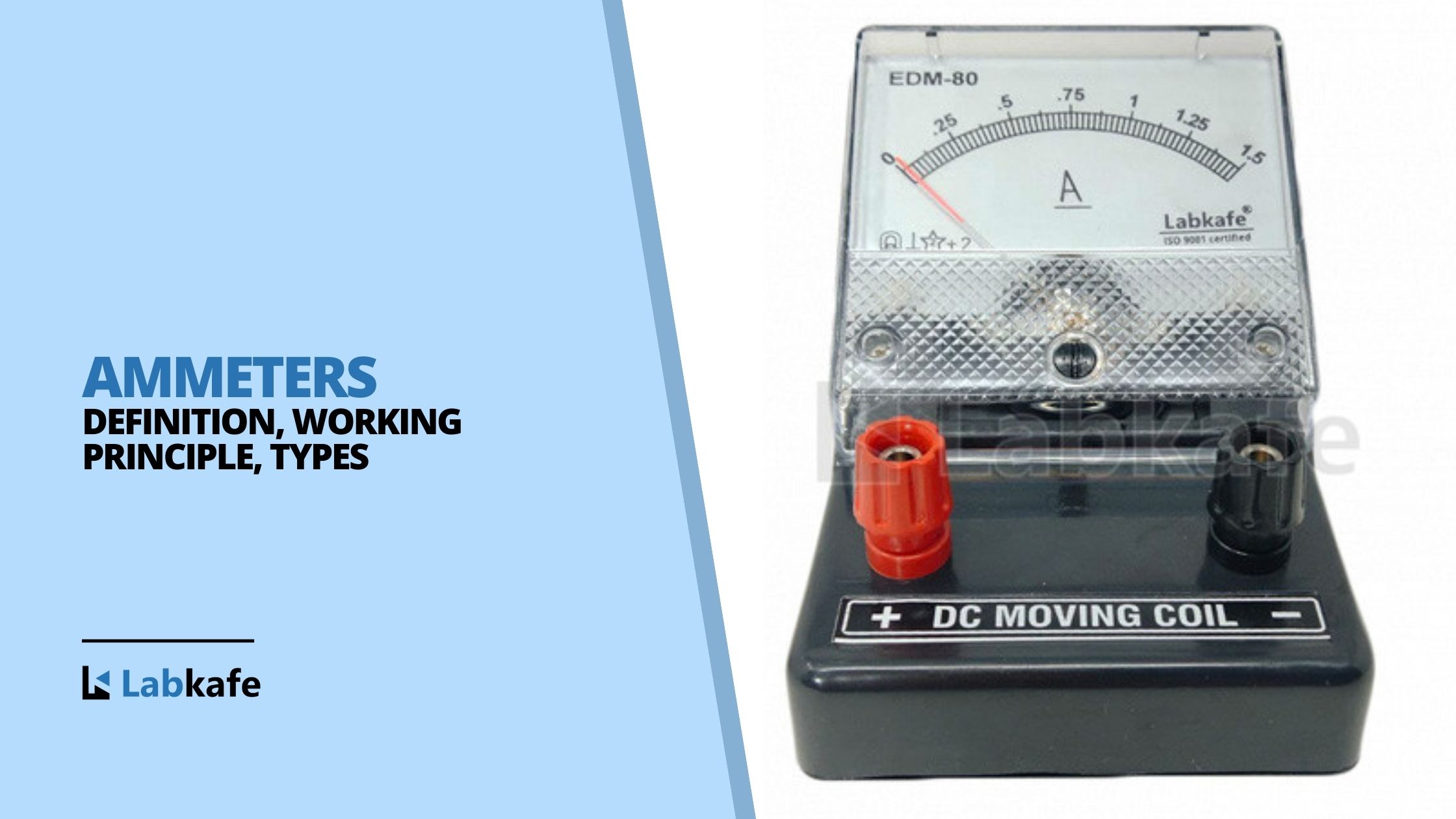
What is an Ammeter and Why Do We Use It | Labkafe
If you’ve gone through physics practical classes of most school boards, experiments based on electricity would have been part of the lessons and you must have seen an ammeter in action. It is part of most electricity-related textbooks for school classes 10 to 12 as well. Today, we will tell you what exactly an ammeter…
-
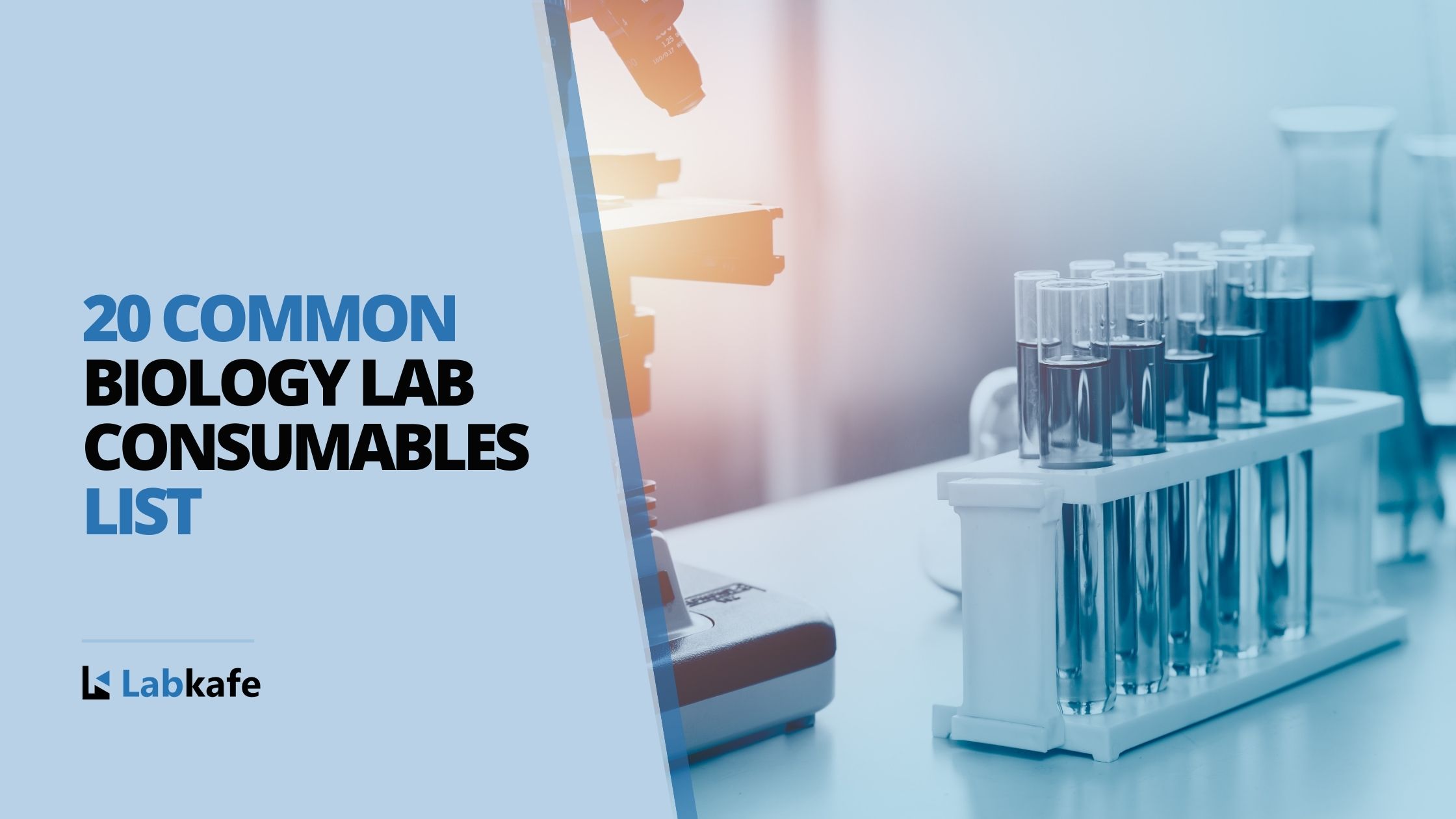
Biology Lab Consumables Used in High School Laboratories | Labkafe
As you know, the biology lab is one of the most complicated school laboratories in terms of lab supplies. Today, we present you with the list of biology lab consumables. In this list, you will find the 20 most common bio lab consumables as per CBSE ICSE IGCSE IB State Board curriculums. You can use…
-
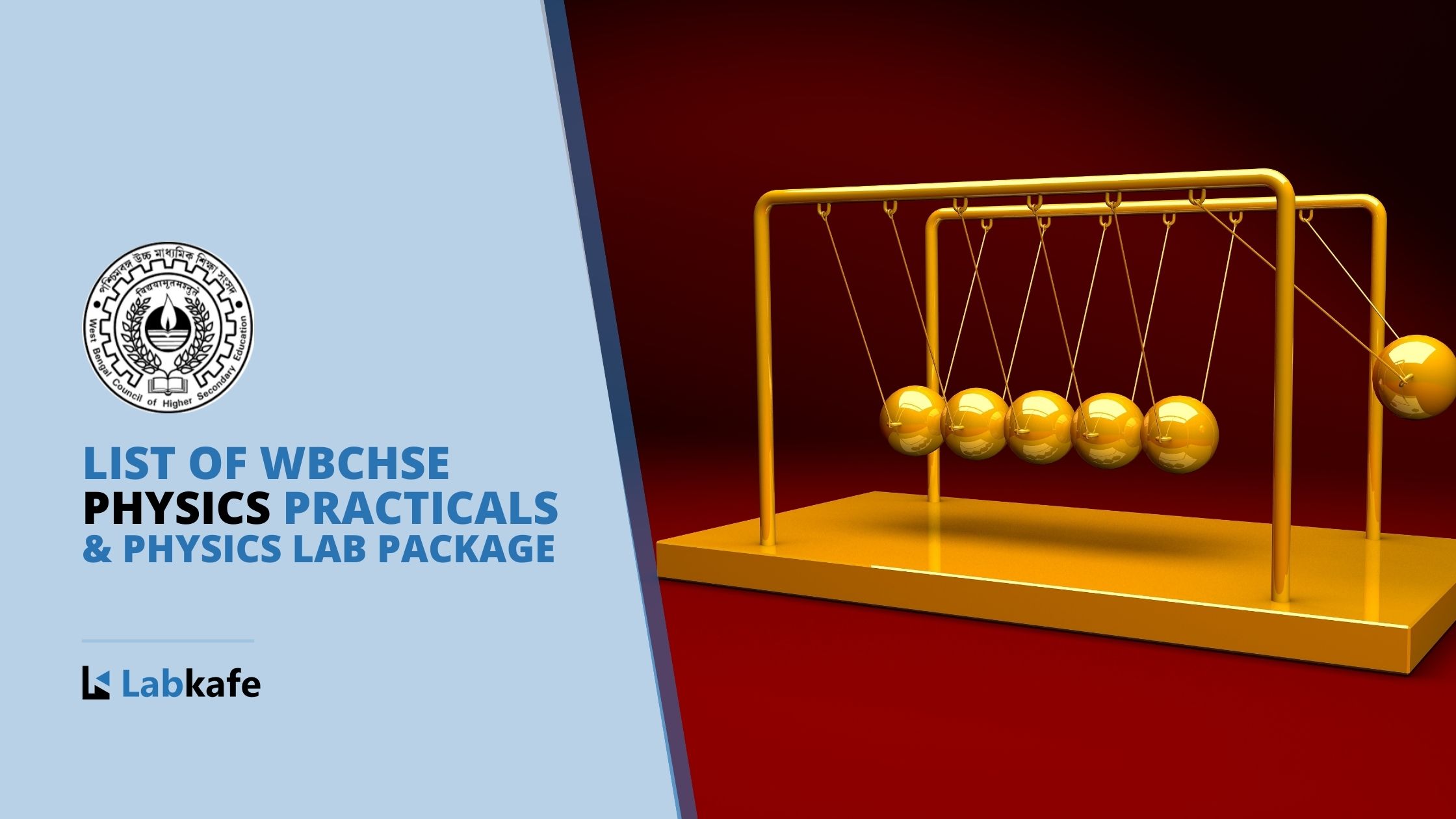
WBCHSE Physics Practical Syllabus | West Bengal Board HS Curriculum | Labkafe
The West Bengal Council of Higher Secondary Education, or WBCHSE, has released its syllabus for classes XI and XII for the present and coming year. So we are presenting here the WBCHSE physics practical syllabus for classes 11 & 12. Students can study the syllabus to see which of the HS physics practicals they have…
-
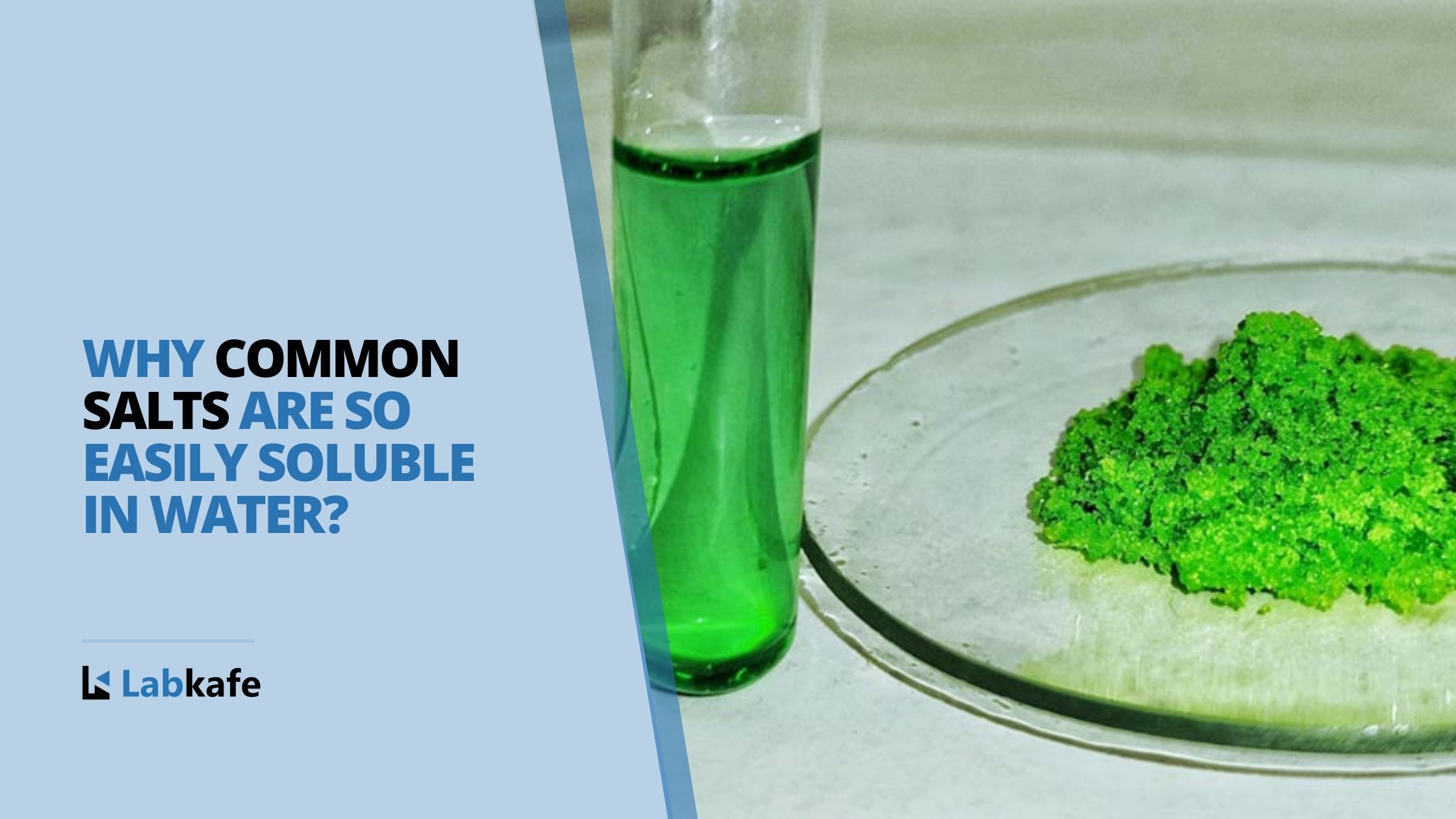
Solubility of Salts ‒ Why Common Salts are So Soluble in Water | Labkafe
We have already discussed why water is the best solvent all-around in a previous blog article; but what about the things that get dissolved in water? There are sugar and salts and various other stuff that get dissolved in water, but salts have the best solubility in water. Now, why should that be? In chemistry labs you…
-
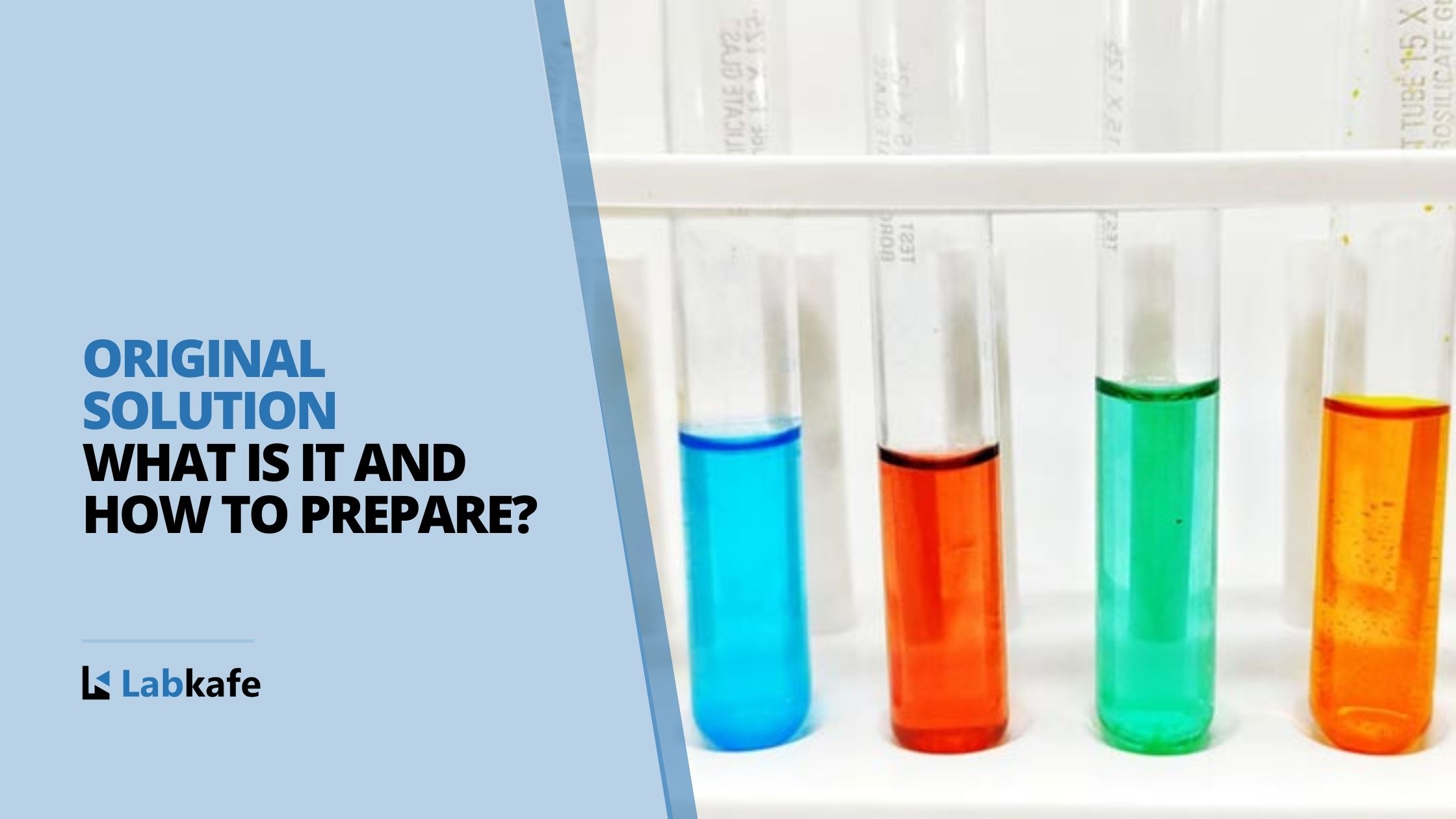
How To Prepare Original Solution | Labkafe
Last week we discussed the Salt Analysis experiment in chemistry lab class 12 practicals. While talking about performing various tests on the original solution or water extract of the salts, we realized that not everybody can be savvy about how to make the original solutions of salts, or, as they are also called, stock solutions. Hence, we…
-
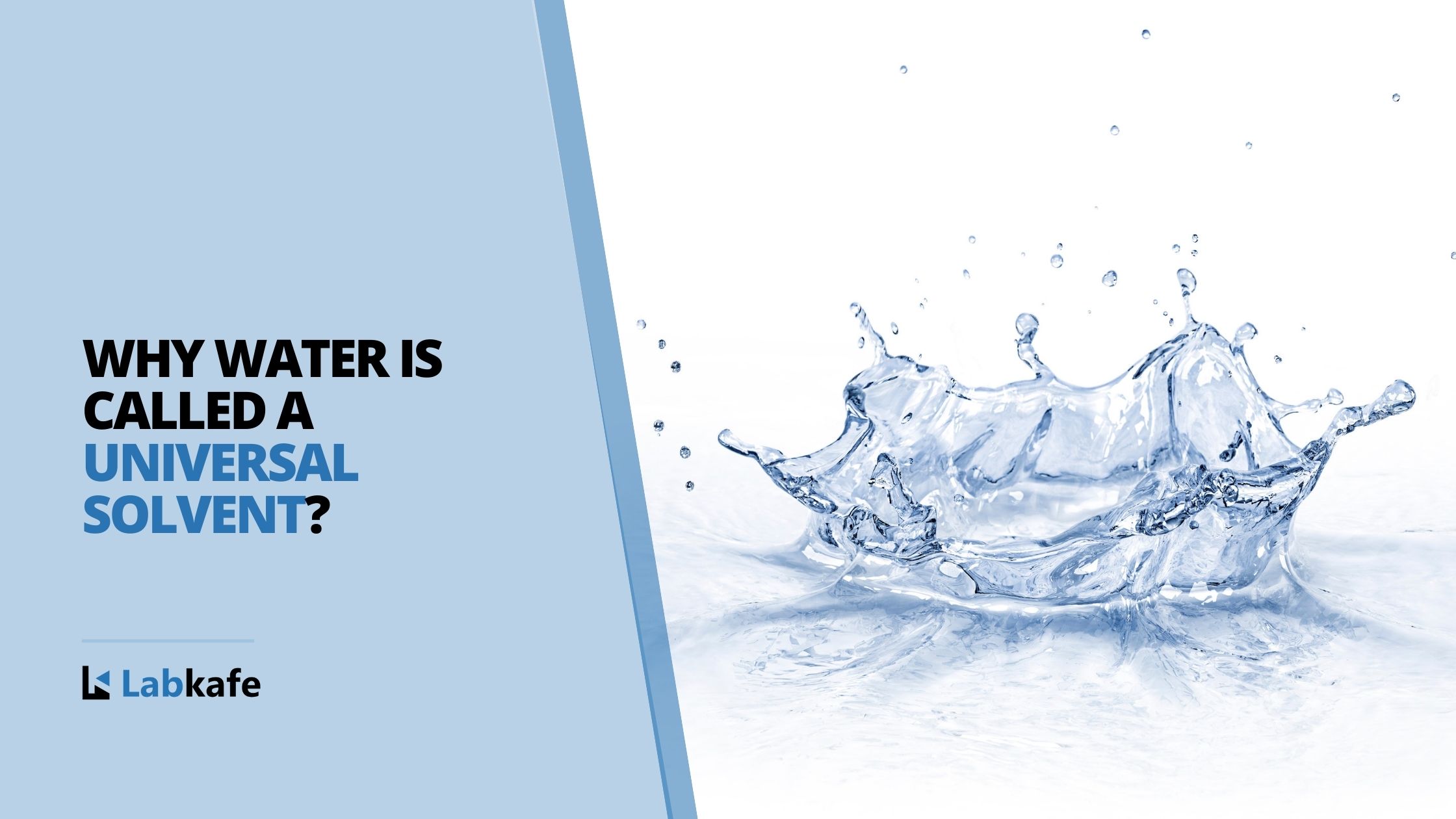
Why Water is Called a Universal Solvent | Labkafe
Water is a Universal Solvent, but Why? We cannot imagine life without water. All living things depend upon water in various degrees, and for a good reason. The reason is, water is a universal solvent. What does that mean, and why is water a universal solvent? Today we will set out to explore this. Water…
-
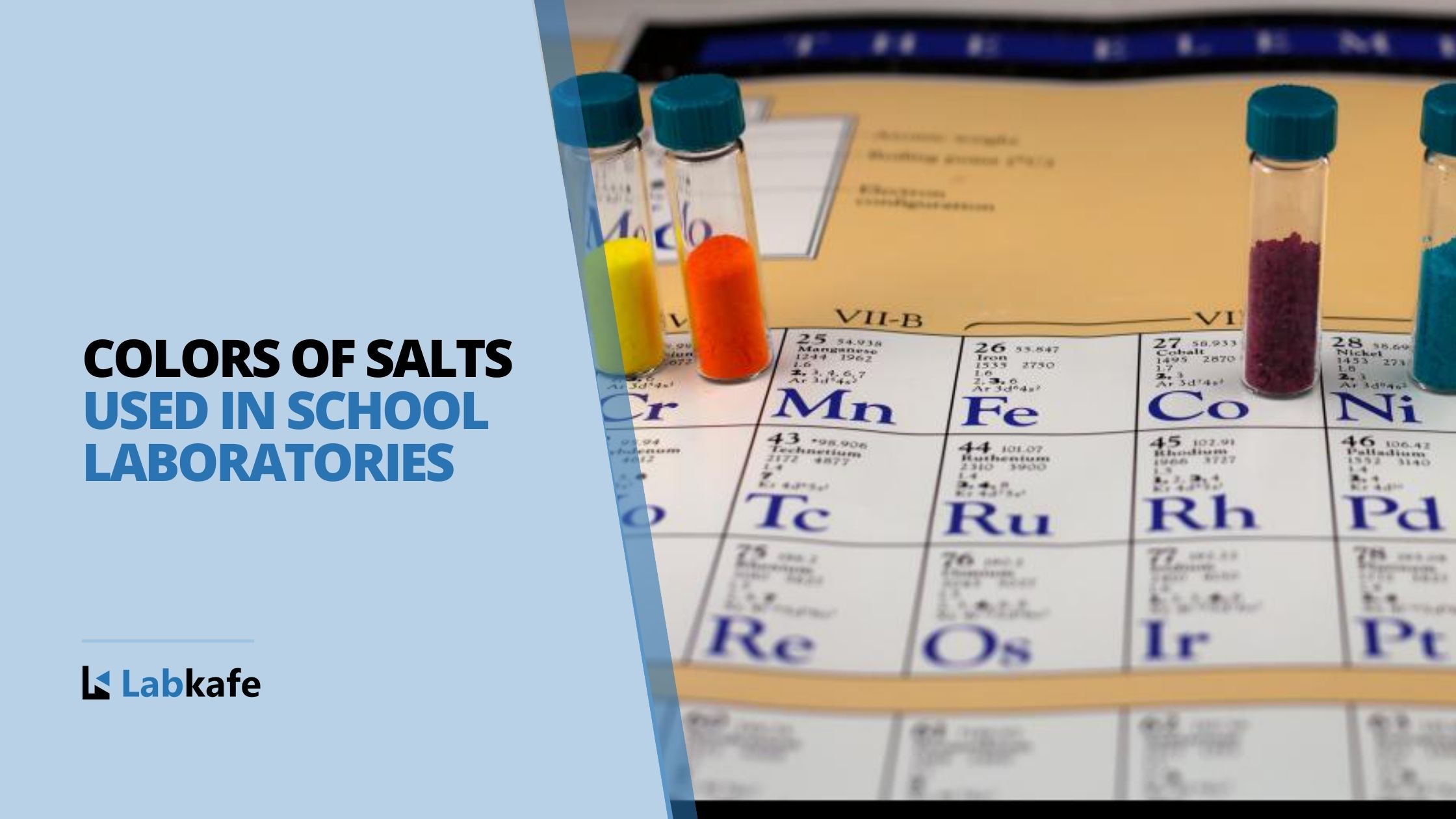
Color of Common Salts Used in School Laboratories | Labkafe
Your school laboratory has a lot of chemical compounds to work with. Many of them are solid salts used for various reasons. If you are to be a good chemist or at least want to score some fame in the chemistry lab, then you have to be able to identify various compounds by the color…
-
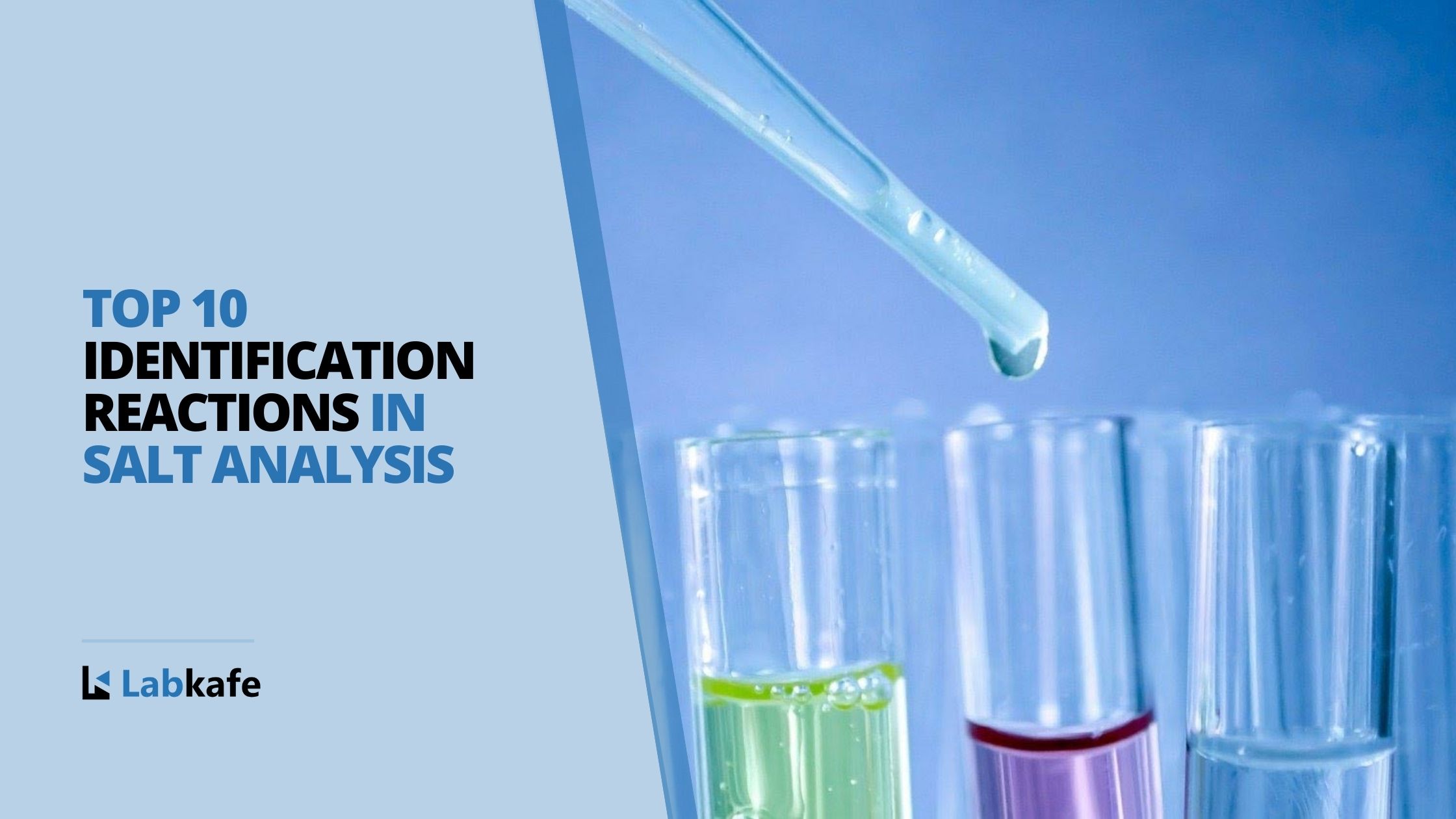
Top 10 Identification Reactions in School Practical Exams | Labkafe
One of the most common chemistry laboratory experiments in school laboratories is the Identification Reactions or salt analysis of inorganic salts. In these experiments, we analyze a given, unknown salt substance to figure out the cations and anions that make up the salt. You will have to perform various experiments step by step and note…
-
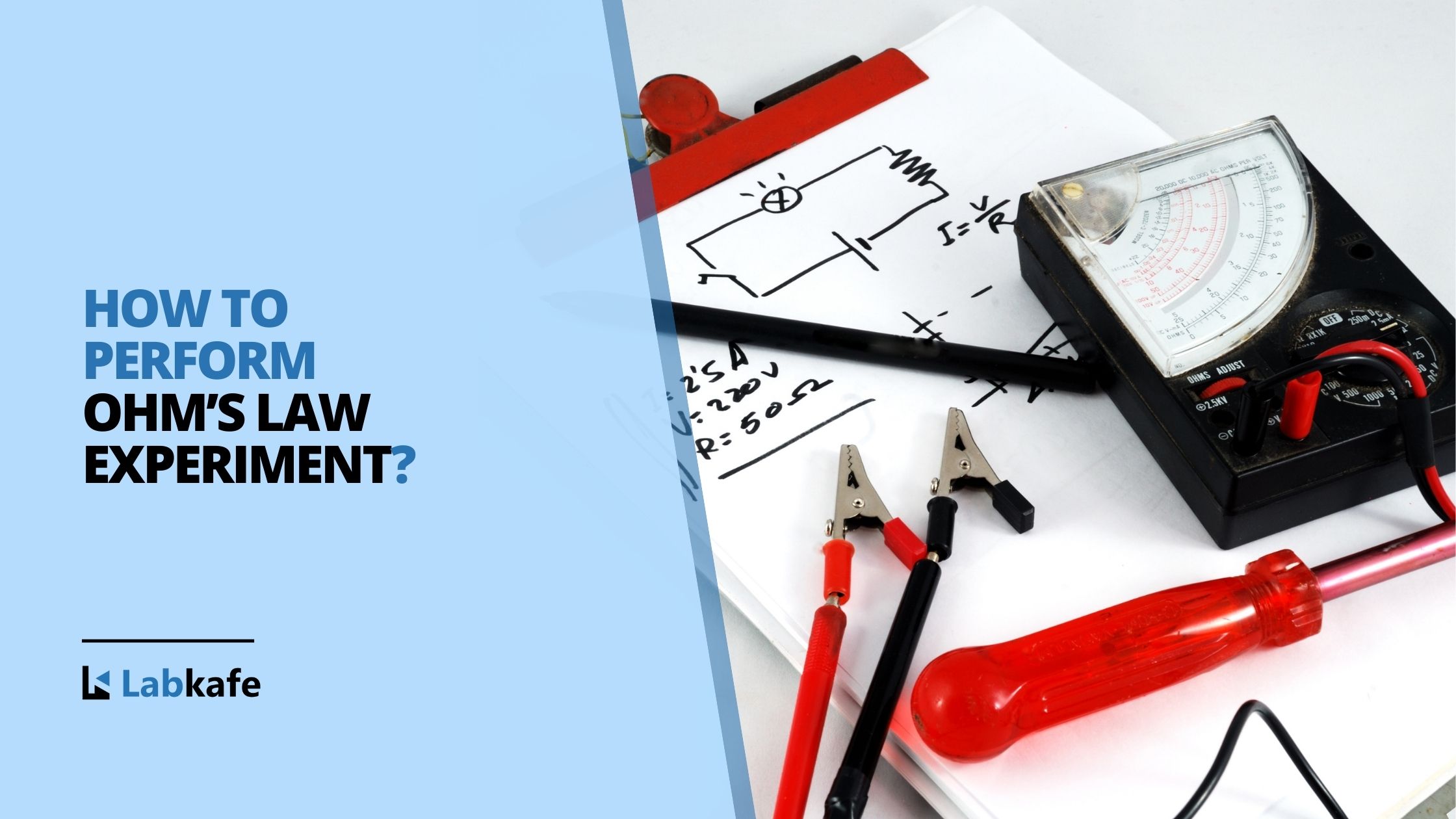
How to Perform Ohm’s Law Experiment for Class 10 | Labkafe
How to Perform Ohm’s Law Experiment Objective: Study the dependence of potential difference (V) across a resistor on the current (I) passing through it and determine its resistance. (Ohm’s Law) One of the most common tasks you can face in the 10th-grade physics or science laboratory is to perform the Ohm’s Law Experiment. It is common…
-
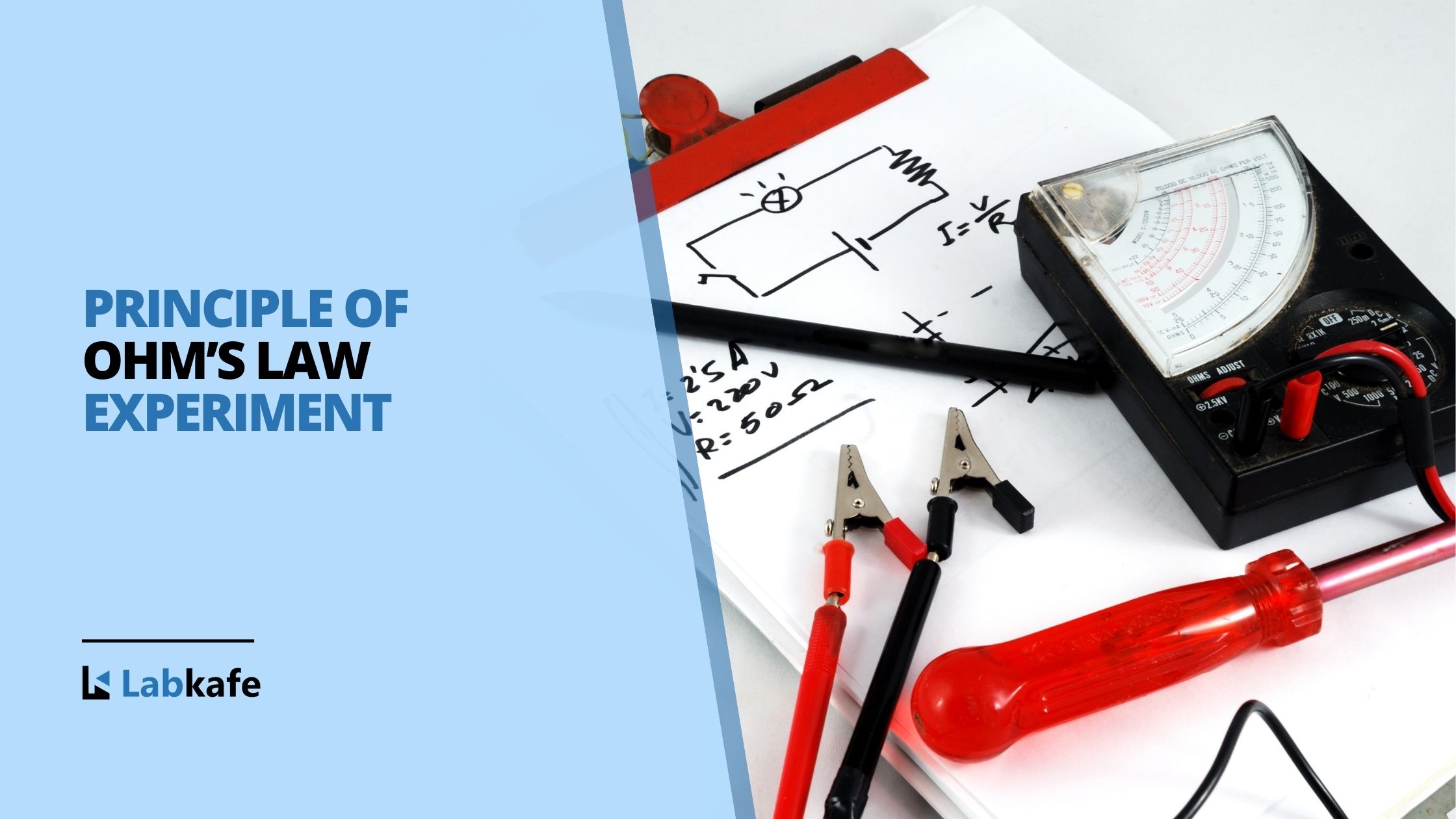
Working Principle of the Ohm’s Law Experiment | Labkafe
If you are a student of 9-10th grade, you may be asked to perform the Ohm’s Law Experiment. To do that, first, you have to understand Ohm’s law principle. As the laws of physics go, it is a fairly basic natural rule in matters of electricity. Today, we will discuss the working principle of Ohm’s…
-
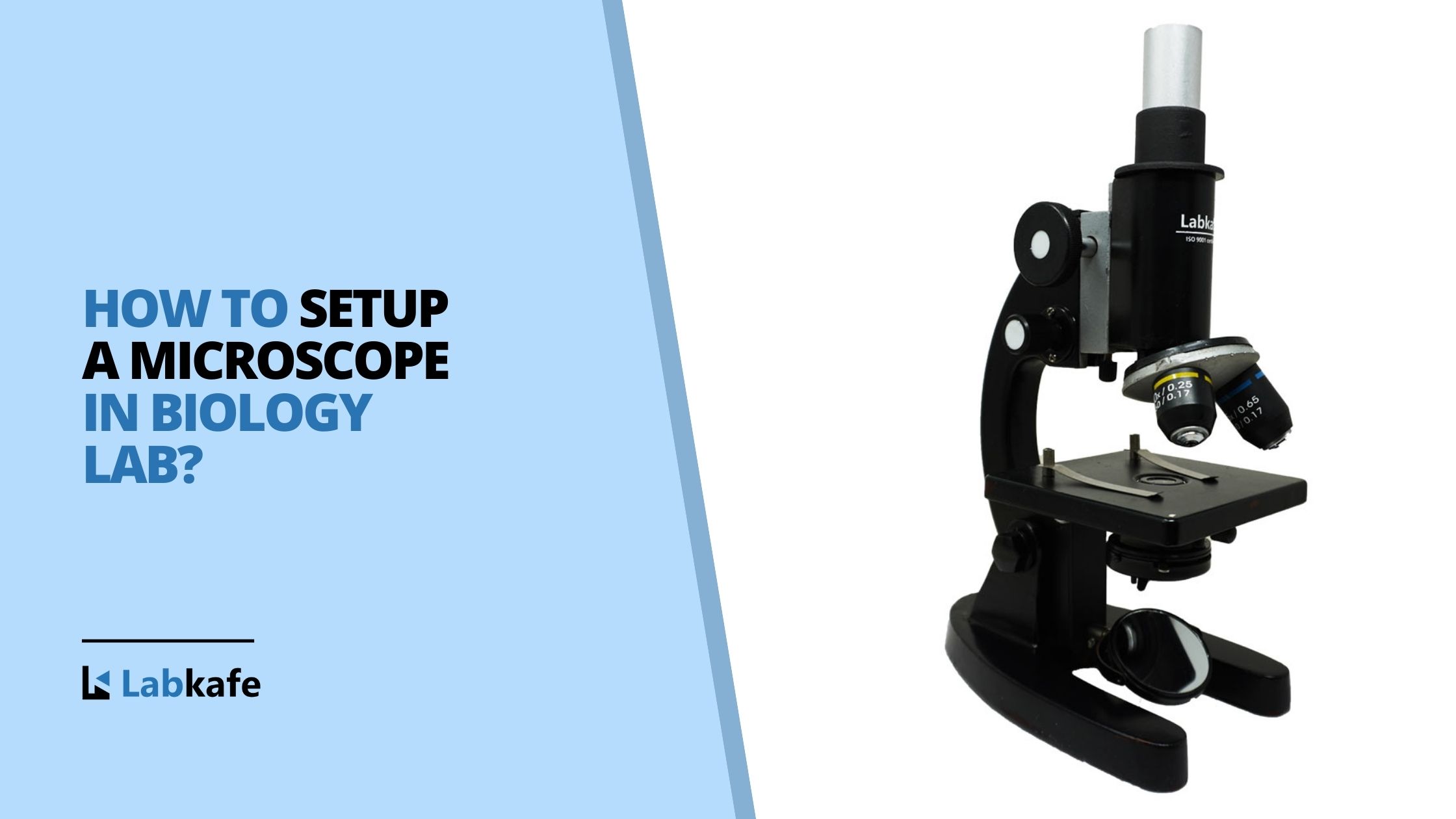
How to do a Microscope Setup | Operating a Microscope | Labkafe
You have seen them in most pictures of any biology laboratory, but do you know how to work them? Today, we will talk about how to do a microscope setup. The type of device we will be talking about is a standard compound microscope , which is available from most lab equipment manufacturers. You can almost surely…
-
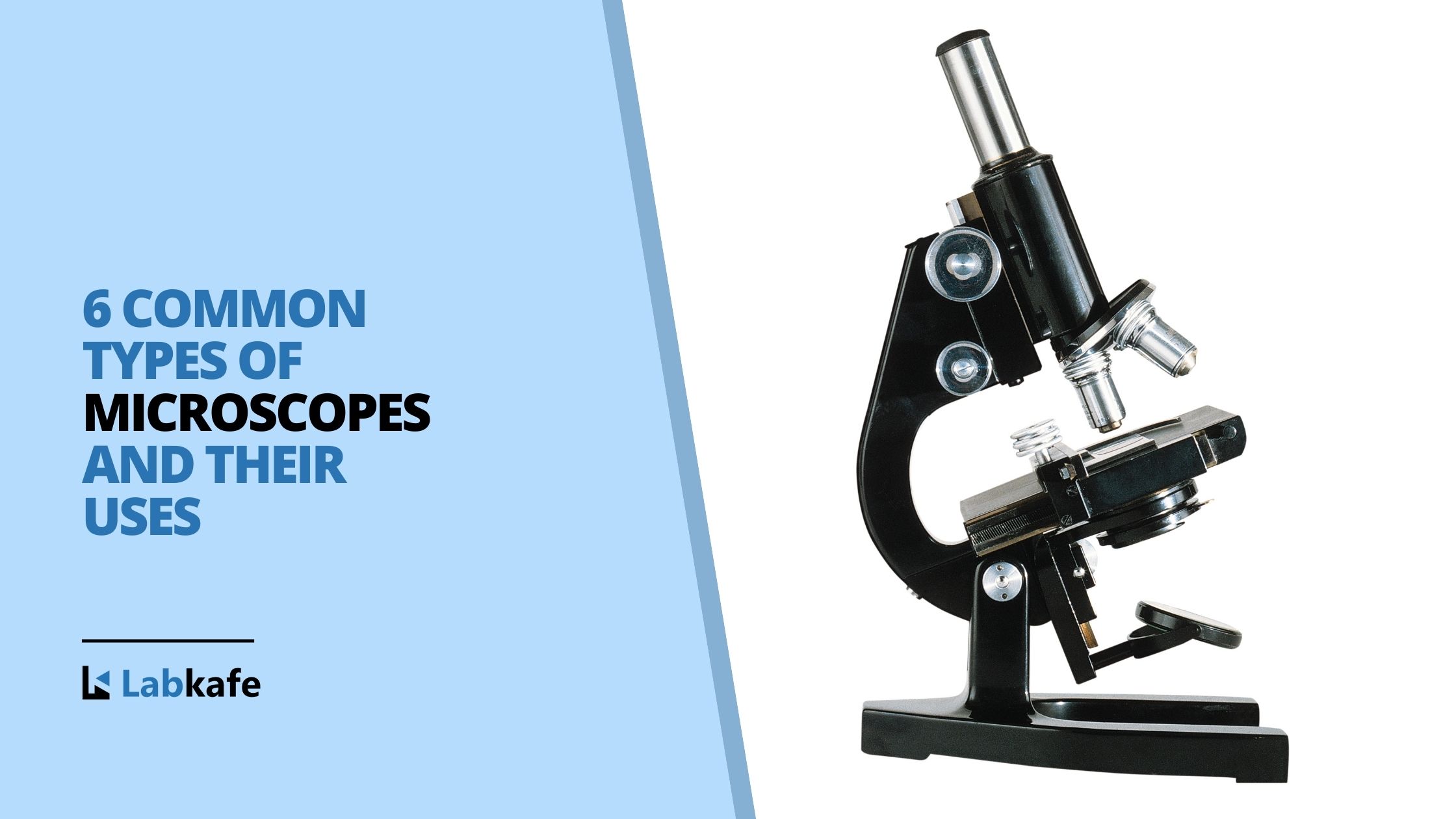
Varieties of Microscopes | Microscope Types and Uses | Labkafe
Microscopes are one of the most common and iconic instruments in most laboratories in the world. Invented back in the 1590s by Zacharias Janssen, it has been with science for over five centuries now. There are many Microscope Types targeted for various purposes. We will discuss them one by one today. Light Microscope Most of…
-
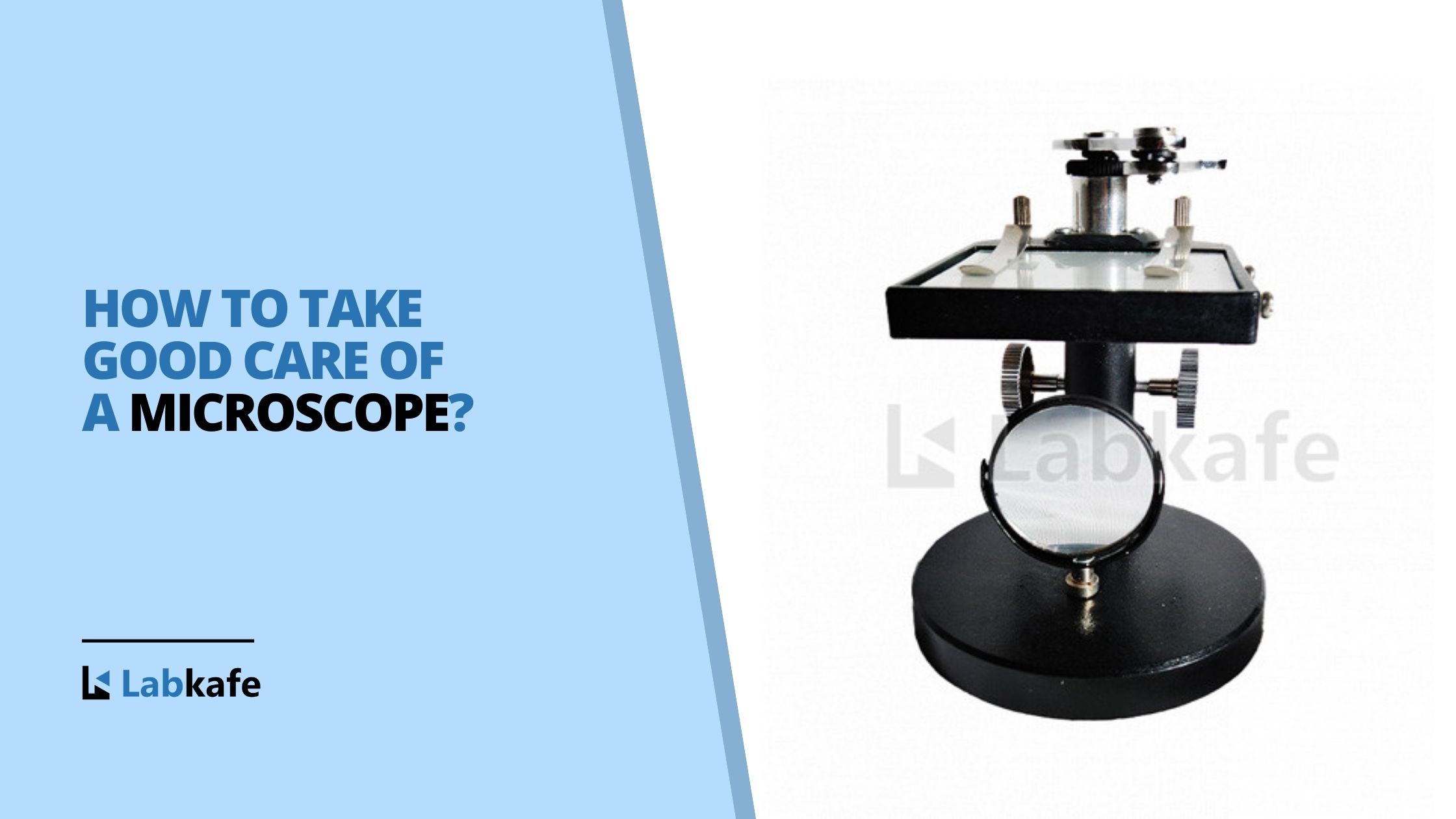
3 levels of Proper Microscope Care | Microscope Maintenance Checklist | Labkafe
By now, you probably know all about how to set up a microscope , or how a microscope works . But what you should worry about is that it is a very precise and delicate piece of lab equipment and therefore can get damaged or soiled easily. So, today we will talk about proper microscope maintenance checklist step-by-step. A…
-
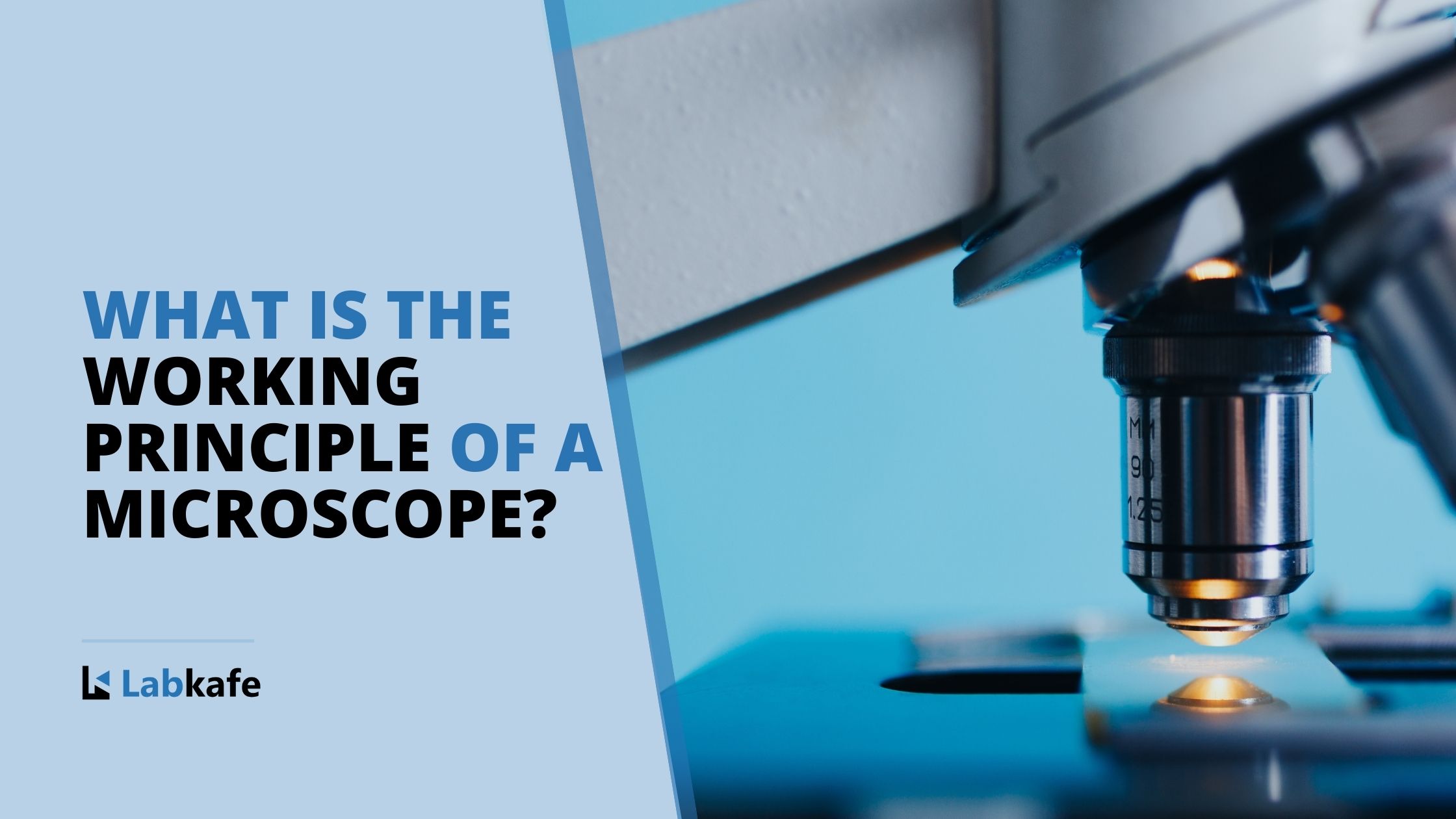
Working Principle of a Microscope | Labkafe
A compound microscope is virtually recognizable anywhere, with its symbolic curved arm, heavy flat base, and delicate lens-bearing tubes stacked on top. We see it in almost every school or laboratory on earth that needs to deal with tiny things. But how does it work? In this article, we will explain the working principle of…